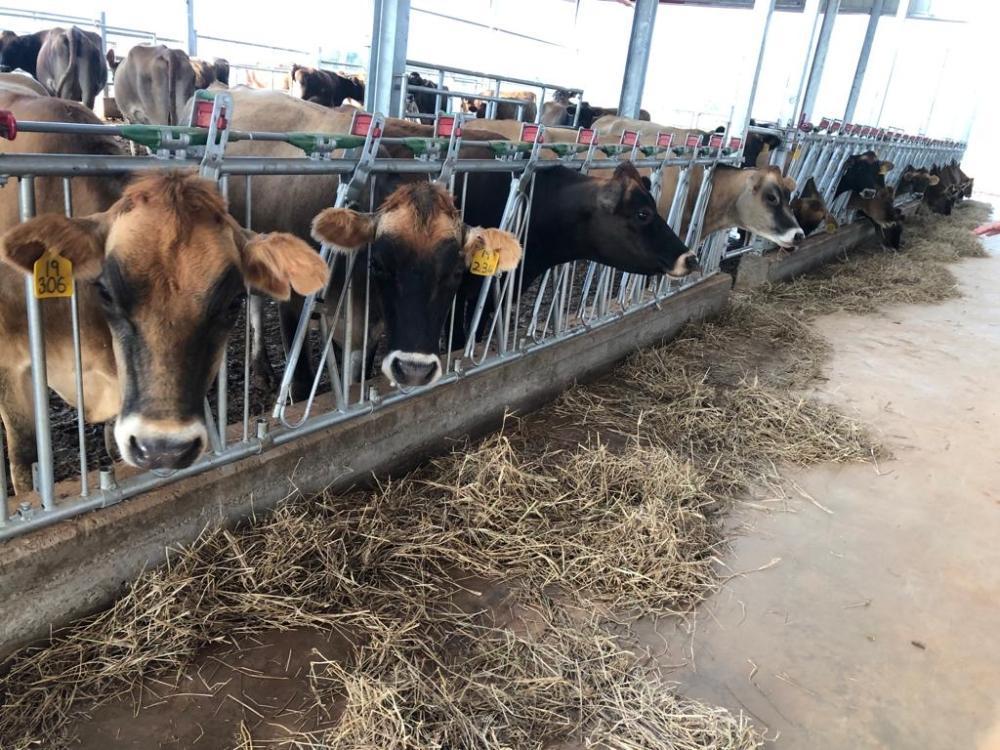Africa-Press – Rwanda. Agriculture, private sector development, and youth employment, are some of the areas set to get more funding compared to the earlier set allocations under the 2025/26 national budget.
This was revealed on June 16 during a Senate plenary sitting that adopted senators’ recommendations regarding the budget bill. Changes were made by the ministry of finance in response to senators’ recommendations on the budget framework paper (BFP) presented to Parliament by the Minister of Finance and Economic Planning, Yusuf Murangwa, on May 8.
The budget framework paper is a medium-term guide outlining Rwanda’s macroeconomic and fiscal policy directions and priorities for the period 2025/26 to 2027/28. While the entire proposed 2025/26 national budget – more than Rwf7 trillion – remains the same in the budget framework paper and the budget bill that Murangwa tabled before Parliament, on June 12, there were some adjustments to sector allocations.
Overall, the next fiscal year spending represents an increase of over Rwf1.2 trillion, or 21 per cent, compared to over Rwf5.8 trillion approved for the current fiscal year – 2024/2025.
So, what changed in Rwanda’s budget framework paper in line with senators’ inputs? Here are five of the changes:
1. Rwf14 billion – 6 per cent – additional money for agriculture
Senators recommended that the government should increase the budget allocation for agriculture – given its contribution to the country’s economy.
Senator Fulgence Nsegiyumva, the Chairperson of the Committee on Economic Development and Finance, said the increase would help the country attain the more than 6 per cent agriculture sector output growth target annually, as well as expanding by 50 per cent the productivity on priority food crops to ensure food security, self-sufficiency and export.
These targets are set under NST2 which runs from 2024/25 through 2028/29.
It is this committee that analysed the budget documents and produced a report on senators’ inputs.
“What we see is that agriculture budget allocation rose by Rwf14 billion. It went up from Rwf222 billion that was proposed in the budget framework paper to Rwf236 billion in the budget bill,” Nsengiyumva said, referring to how the Senate’s recommendation was taken into account.
2. Slight increase in funding for energy access
The Senate had also suggested an increase in energy funding in line with achieving the country’s goal to ensure electricity access for all Rwandan residents.
“The funding to this sector is projected to rise by Rwf2.1 billion or just 1 per cent under the bill, increasing from Rwf201.9 billion to Rwf204 billion,” Nsengiyumva said.
3. Rwf32 billion more for private sector growth, youth employment
The financing meant for private sector development and youth employment is projected to go up by Rwf32 billion or 24 per cent, from the previously allocated Rwf132 billion, to Rwf164 billion, in line with the Senate’s call to increase it.
Nsengiyumva pointed out that this is intended to support the private sector to invest in various projects, thus contributing to reducing the country’s imports and increasing opportunities for youth employment and development.
4. Reinforcing Genocide memory
To scale up memory efforts, the Senate had advised a budget allocation for consolidating some memorials for the 1994 Genocide against the Tutsi, as well as constructing and renovating others.
In response to this, Rwf250 million was earmarked for the construction of Mukarange genocie memorial in Kayonza District.
5. Parliamentary diplomacy to get over Rwf650 million
Senators had recommended the strengthening of parliamentary diplomacy – and the allocation of a budget to enable that.
“We realised that, in the budget bill, parliamentary diplomacy was allocated Rwf322 million for the Senate, and Rwf336 million for the Chamber of Deputies,” Nsengiyumva said.
“The fact that we now have means to conduct parliamentary diplomacy because the Senate has been apportioned the needed funding is very commendable. We hope that it will yield tangible results,” said Senator Pélagie Uwera.
Overall, she indicated that the 2025/26 budget allocation as indicated under the State finance bill was based on key activities that will help in fast-tracking economic development, citizens’ welfare and good governance as planned under NST2.
For More News And Analysis About Rwanda Follow Africa-Press






